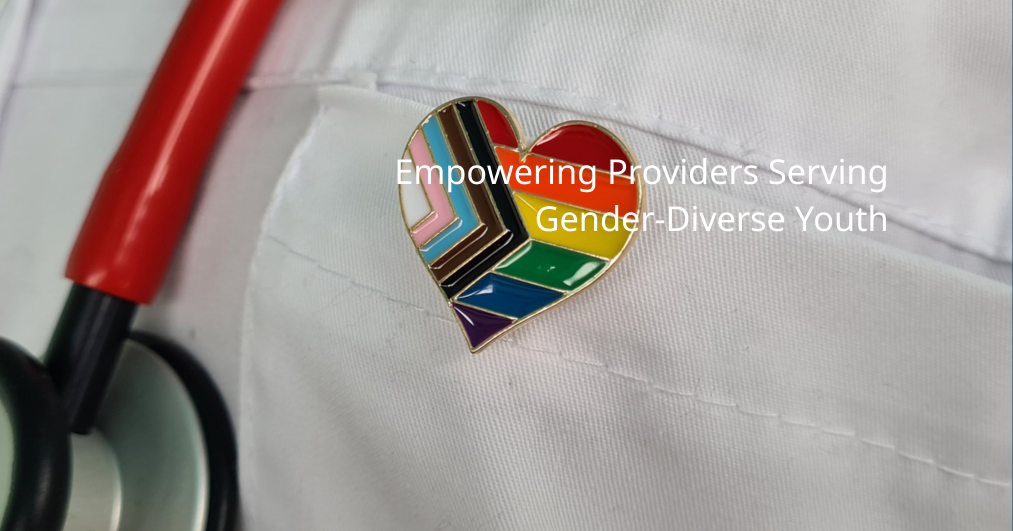Summary
The Empowering Providers initiative by Policywise for Children & Families was developed in partnership with gender-diverse youth, caregivers, thought leaders, and service providers to address the need for evidence-based guidance on how to effectively support gender-diverse youth, their families, and communities.
PolicyWise created three Guides designed to assist service providers in supporting gender-diverse youth through their gender transition journeys. These guides cover social and legal transition, medical transition , and mental health support.
The Social and Legal Transition Guide provides service providers with the tools to support gender-diverse youth during their social and legal transitions. It includes guidance on helping youth navigate name and pronoun changes, updating legal documents, and understanding their legal rights.
The Medical Care Guide offers practical advice for accessing gender-affirming medical care for youth. It provides information on how service providers can support youth in seeking appropriate medical care, from hormone therapy to surgeries, while ensuring a respectful and informed approach.
The Mental Health Guide addresses the mental health needs of gender-diverse youth, focusing on the psychological challenges they may face during the transition process. It offers strategies for supporting youths' emotional well-being and mental health, as well as resources for accessing therapy and counseling services.
Policy & Practice Implications- The guides can be used by service providers to better support gender-diverse youth and their families by addressing common needs, such as name and pronoun changes, legal documentation, and mental health challenges during transition.
- Providers can use the Social and Legal Transition Guide to help gender-diverse youth and their families navigating the complexities of legal transitions, including understanding the implications of changing gender markers on documents like health cards, driver’s licenses, or birth certificates.
- Healthcare providers can use the Medical Care Guide to improve their approach to gender-affirming medical care, ensuring that youth have access to appropriate treatments and providers who are trained in gender-specific healthcare needs.
- Mental health professionals can use the Mental Health Guide to develop more effective and affirming therapeutic practices for gender-diverse youth. For instance, they could integrate discussions around identity and mental health struggles such as anxiety or depression related to gender dysphoria.
- Personal experiences from caregivers and youth have been integrated into these resources, enriching the guides’ relevance and applicability.
Image source: https://policywise.com/empowering-providers-serving-gender-diverse-youth/

